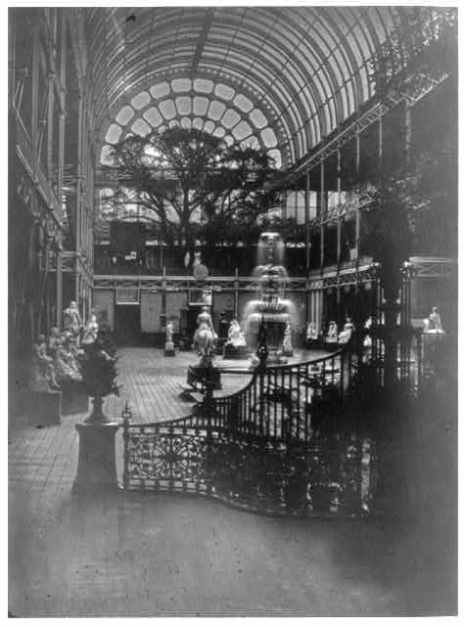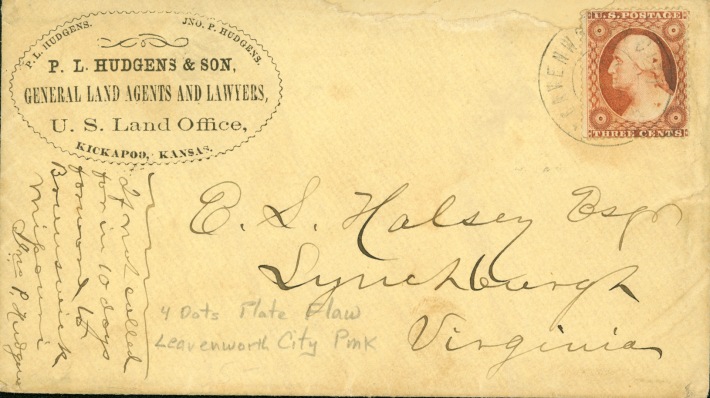Quite often as I read fiction I will come across mention of historical events. Sometimes I am given enough information to satisfy me and sometimes I want more information. I also think some of the subjects I come across would make great subjects for research papers.
I have wanted to know more about the Crystal Palace for some time. I had enough information to know it was a major event in London in the mid 1800’s and that technology was involved. I know… I can do a google search and come up with all kinds of information, but I wondered if I could search Crystal Palace in the ACLS Humanities E-Book collection and get results for a book that could be cited in a paper. So my first result when searching ACLC for Crystal Palace was a book titled “The Shows of London” by Richard Daniel Altick. Crystal Palace was mentioned in the table of contents and led to a chapter on my topic. The official name of the exhibit in the Crystal Palace turned out to be The Great Exhibition of the Works of Industry of all Nations. The second result, Technology in Western Civilization, by Kranzberg & Purcell didn’t list Crystal Palace in the table of contents, but it was listed in the index. I was interested in the technology at the Crystal Palace, but I was also fascinated by the building itself. I wouldn’t have thought a building could be made of 22 acres of glass in 1851. I have to admit I am now wondering if they had to pay the glass tax. Or was that the window tax?
I can’t guarantee you will have the results I had when you do your own search. However, this is a resource worth investigating.
http://hdl.loc.gov/loc.pnp/cph.3b05380 image from Library of Congress
NB


